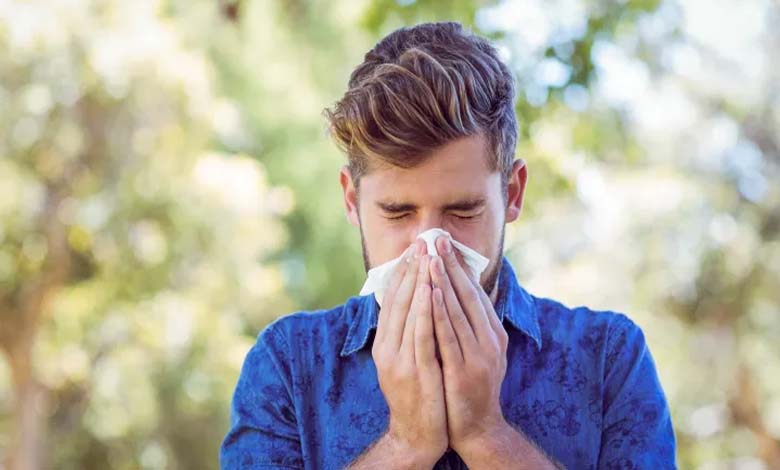Climate change worsens allergies and extends their seasons

Climate change has visible effects on nature, weather, oceans, and also on human health. Among the people most affected are those who suffer from allergies, especially respiratory allergies like hay fever, allergic asthma, or pollen reactions.
-
“A Nutritional Treasure That Doesn’t Spoil” – What’s the Difference Between Raw and Regular Honey?
-
Gluten-Free Products: Limited Benefits and High Costs
As temperatures rise and seasons shift, plants produce more pollen and for longer periods. This means allergy seasons now start earlier in the spring and last longer through summer and fall. For example, some people now experience symptoms for several months instead of just a few weeks.
Scientists have observed that the amount of pollen in the air has increased significantly in many parts of the world. Also, due to pollution, the types of pollen are becoming more varied and more aggressive. Gases like carbon dioxide (CO2) and ozone change the structure of pollen grains, making them more allergenic for sensitive people.
-
New Treatment for Peanut Allergy in Children
-
“It alters DNA”: The dangers of drinking water from plastic bottles
Climate change also brings more droughts, stronger winds, and storms, which can carry pollen over long distances. As a result, even people living in cities, far from rural areas, can suffer from pollen allergies.
Doctors are seeing more patients with stronger and longer allergy symptoms. Usual treatments, such as antihistamines or nasal sprays, sometimes work less effectively. Children, elderly people, and those with chronic illnesses are especially at risk.
To protect themselves, people are advised to follow pollen forecasts, avoid going outside early in the morning or on windy days, and wash their hair or change clothes after returning home. Public health authorities also encourage planting less allergenic species in cities and improving air quality management.
But in the long term, the only real solution is to fight climate change. Reducing greenhouse gas emissions can help not just the planet, but also the health of people suffering from allergies.
-
Playing in the Dirt: Is it Beneficial for Children’s Immune System?
-
What is Croup (Laryngeal Cough)? Causes and Treatment Methods












